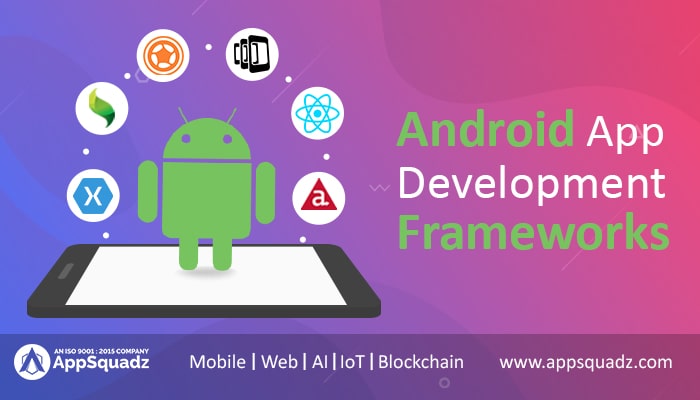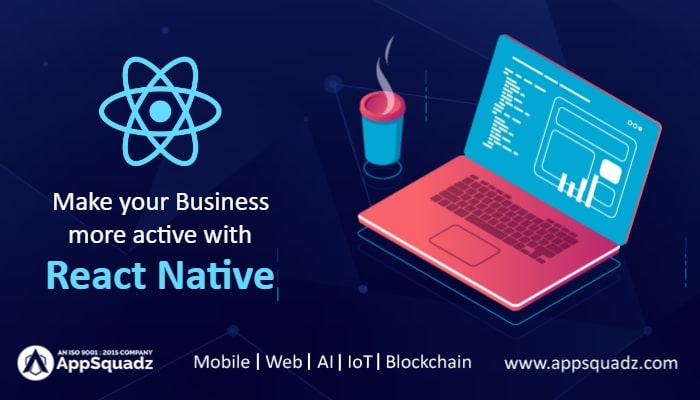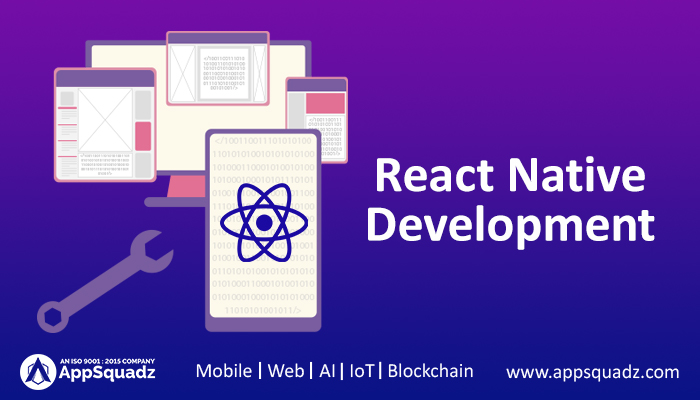Over the past couple of years, the trend of mobile app development has accelerated rapidly. Moreover, this happened as the people, especially businesses and entrepreneurs have discerned that mobile applications are an excellent idea to connect with a large customer base worldwide in the real-time. A mobile application enables you to acquire many things. Some of them are listed here:
- Strengthen your brand
- Stay connected to your existing and potential customers
- Generates a loyal customer base efficiently
- Offer more reliable customer support when it comes to availability and readiness of performance
The most outspoken form for android app development is by downloading Android Studio, which is an Integrated Development Environment (IDE) having the necessary packages to assist you in android application development. Also, Android Studio is only an environment that supports mobile app development, and you must have the programming know-how for writing the required codes for developing the app.
The standard Android application language is Java, which is backed by Google. Java is employed to build the backend, whereas XML is applied for outlining the layouts of Android app. So ideally, android app developers should be well-versed with Java and XML if they are looking forward to android app development using Android Studio. You can use various SDKs, for example, the Android Native Development Kit in incorporation with Android Studio, if you are competent with C#, C++, C, or BASIC.
Written below are the most recommended Android app development frameworks:
Xamarin
Xamarin is a blessing for C# app developers for the development of android apps without diving into Java. Since it is one of the best Android app development frameworks, it is practiced by 1.5+ million users as of now. It presents a comprehensive set of C# codebase for native app development not only for Android but also for other mobile operating systems. Applying .NET codebase, Xamarin as Visual Studio is practiced by Android mobile app developers widely for native application development.
React Native
The open-source version of Facebook’s JavaScript framework to develop native mobile apps has been used by numerous Fortune 500 companies such as Instagram, Tesla, and Walmart, for mobile application development. Users cannot differentiate amid apps built on Java & React Native, and this is because React Native’s fundamental building blocks are the same as native apps. By attaching codes in other languages such as Java, Swift, or Objective C, you can optimize your React native app manually.
Ionic
Ionic is licensed under the MIT License, which is a free and open-source app development framework and will remain open always. Using Ionic framework, you can build progressive web and native mobile apps. The framework is cross-platform; enabling quick development of mobile apps for Android, and then you can convert it to other platforms as and when required. But one problem with Ionic is its poor documentation. Ionic demonstrates to be an exception here by conceiving documentation with real-life examples.
Cordova
Mobile applications are the native extension to web applications. Considering this as the base, people behind Apache developed a free and open-source development framework using HTML, CSS, and JavaScript. Cordova as a mobile app development framework lets developers build multi-platform mobile apps applying a single code base. The app can access native device APIs, which makes it tough to locate if the app has been developed using native languages or not. Despite the fact, it was initially invented for developing online apps; Apache Cordova presents assistance for offline situations also, addressing it an excellent platform for desktop app development too.
PhoneGap
After Apache Cordova, the same team built another mobile app development platform, Adobe PhoneGap. Using Adobe PhoneGap framework, web app developers can speedily transfer their skills to mobile app development. PhoneGap is nothing but Cordova distribution with various tools and plugins launched. With PhoneGap, you can build cross-platform apps with a single base code as it provides an intuitive desktop app. The popularity and ease of usage ensure its ever-growing maintenance community and vice versa.
Titanium
Titanium, an open-source mobile app development framework has a mobile-first approach at its essence. It enables developers to create clean and visually attractive apps that have not only native looks but also has native-like functioning. Titanium incorporates API Builder with Hyperloop, all available for the Titanium developers.
Unity
It’s a Microsoft game engine used by programmers widely for developing 2D and 3D games. Other than this, it can be employed in cross-platform app development. It is ideal to start with mobile app development when incorporated with C# as it has an IDE just like Android Studio.
The App Builder
It is an online application development framework that possesses stimulating clients in building brilliant looking apps without any knowledge of the design. So, if you cannot distinguish or determine where elements of the app should lie for better designing, this framework is for you. The applications built on app builder are very interactive and synced instantly with all the devices the user is logged on. In-depth analytics open to the app developers empowers them in making strategic decisions like retaining features that are embraced by the users while discarding the features which slow down the app.
Conclusion
There are many android app development frameworks available today, and the big decision is to pick the best amongst them for your application development project. Whatever framework you adopt, you have to first create a layout of your app with details such as sections, features, and design elements. These details in turn will decrease the development time whatever the scale is. All the Android app development frameworks explained above are free and have burgeoning community support to assist the users when they stuck. You can also grab the opportunity of android app development by hiring an android application development company which can do wonders for your business.





